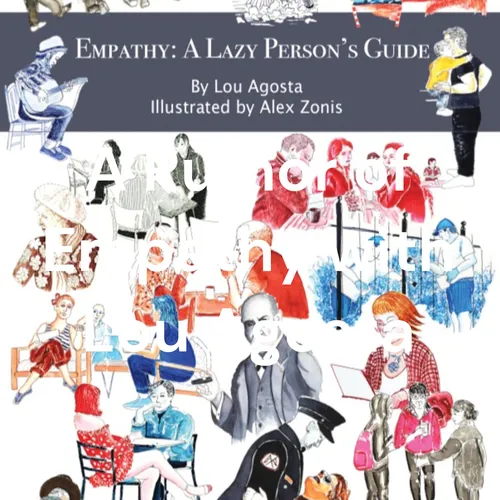
A Rumor of Empathy with Lou Agosta
Dedicated to expanding empathy in the individual and the community. The empathy lessons extend from a light-hearted look to a deep dive into critical issues and controversies on empathy in authentic human relations. This podcast dedicated to the commitment that empathy be less of a rumor and more of a reality in the community!
- Update frequency
- every 5 days
- Average duration
- 42 minutes
- Episodes
- 42
- Years Active
- 2021 - 2025
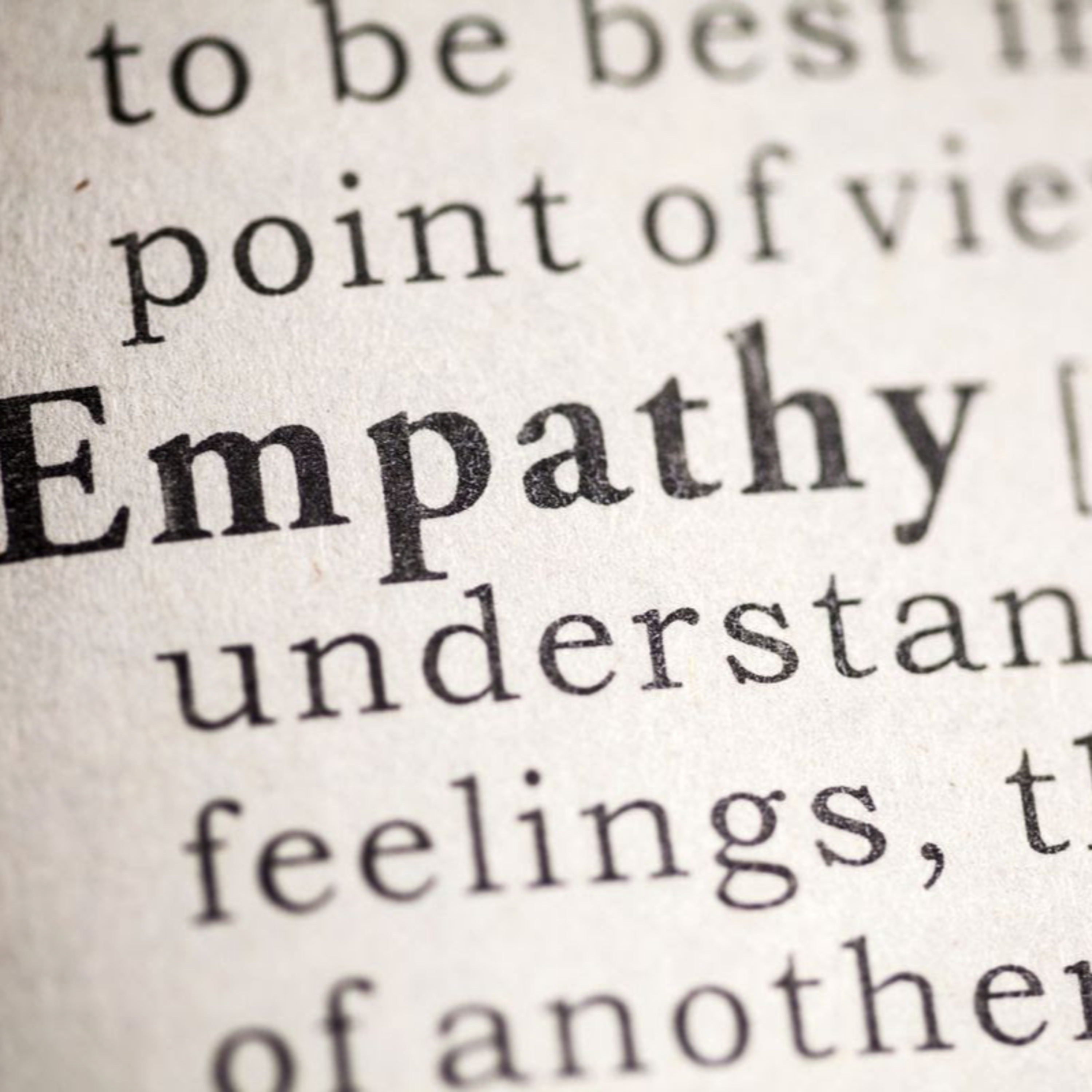
The empathic dozen: Top twelve (12) empathy lessons
Start with the one minute empathy trainin:g
Drive out aggression, hostility, bullying, prejudice of all kinds, dignity violations, hypocrisy, making excuses, finger pointing, cynicism, resignation, b…

Suicidal empathy
Does empathy make you so kind that you do suicidally foolish things? From the perspective of empathy, one has to advance from standard empathy to radical empathy to deal with the thought experiment o…

Radical Empathy and the Trolley Car Dilemma - between a rock and a hard place (Part Two: Concluded)
Standard empathy gets stretched to its LIMIT in the face of confronting physical and moral trauma, succumbing to compassion fatigue, burn out, and empathic distress. Standard empathy is challenged to…

Radical empathy and the Trolley Car Dilemma - between a rock and a hard place!/
What the heck is the Trolley Car Dilemma (TCD) - and how does it relate to Radical Empathy? The TCD is a thought experiment - an intuition pump (to use Daniel Dennet's incisive term) - to generate in…

Radical empathy: a short talk on trauma and radical empathy
When standard empathy breaks down in the face of extreme situations such as trauma, conformity to the faceless unempathic bureaucracy, compassion fatigue, burnout, or empathic distress, then radical …

Radical Empathy in Extreme Situations
This podcast engages with radical empathy in extreme situations. Extreme situations are traumatic ones. Radical empathy challenges standard empathy to take empathizing to the next level in confrontin…

Radical empathy - what it is, an example of radical empathy, and how radical empathy differs from standard empathy
The podcast engages the difference between standard empathy and radical empathy. When standard empathy breaks down, fails, goes off the rails, in the face of confronting experiences such as trauma, c…
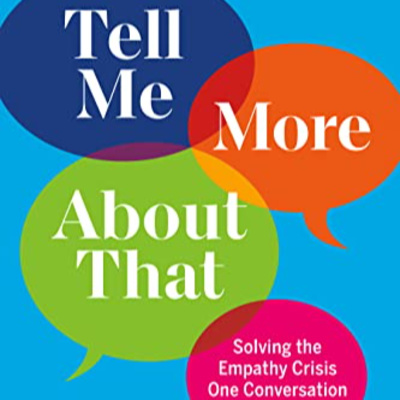
Interview with Rob Volpe about his empathy book: Tell Me More About That: Solving the Empathy Crisis One Conversation at a Time
Lou Agosta in conversation with Rob Volpe, CEO and Chief Catalyst, Ignite 360, about Rob's book on empathy: Tell Me More About That: Solving the Empathy Crisis One Conversation at a Time - in this co…
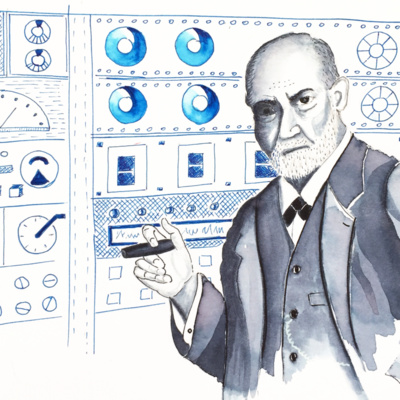
Transference and Empathy: Where Transference Was, Empathy Shall Be!
It a useful and powerful oversimplification that in transference people relate inauthentically whereas in empathy people relate authentically. (Here “authentically” means “without distortion (in so f…
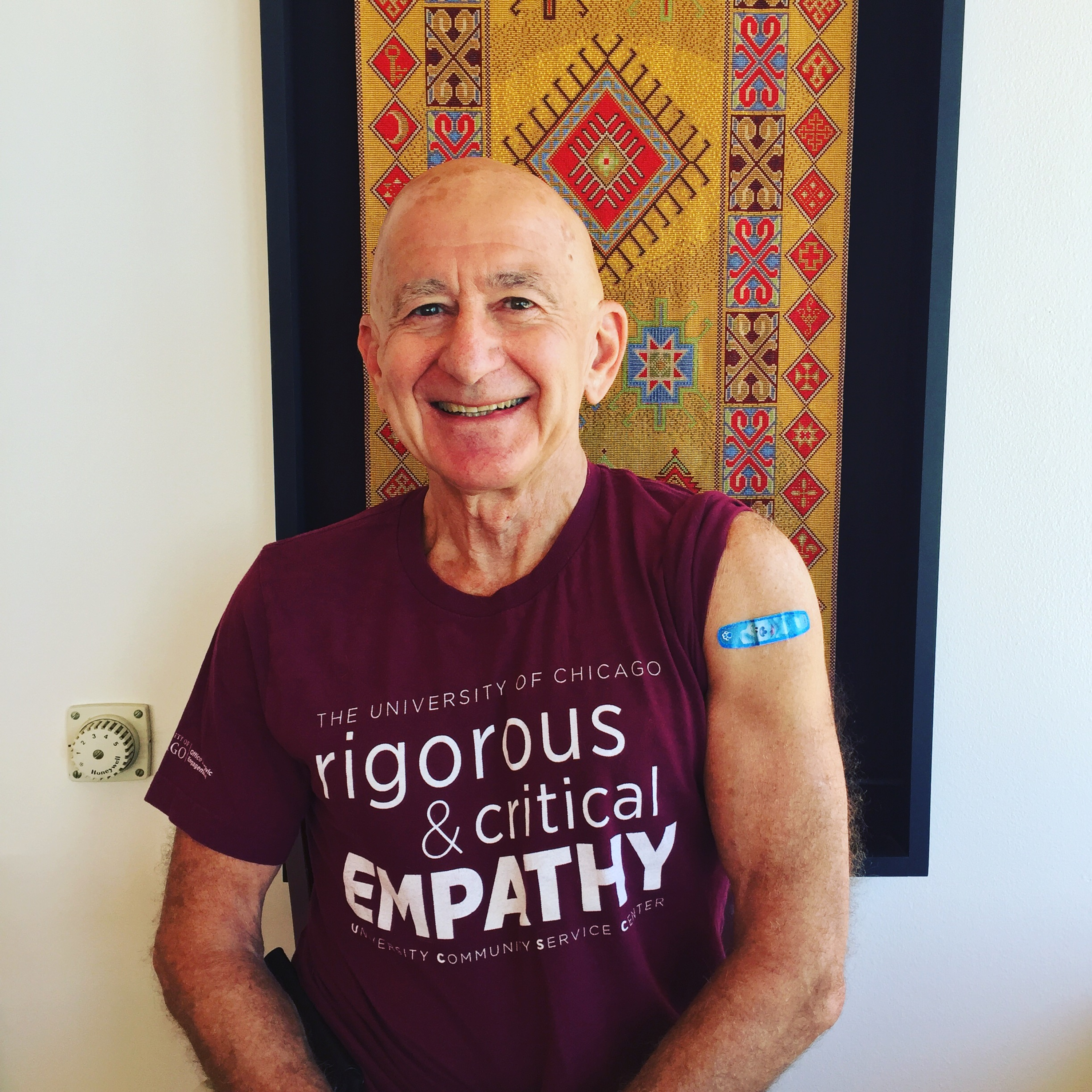
Empathy: Top Ten Trends for 2022
A new year and a new virus variant? Being cynical and resigned is easy, and the empathy training is to drive out cynicism and resignation – then empathy naturally comes forth. If given half a chance,…

Empathy: Capitalist Tool (Part 3): Empathy by the Numbers
I have been known to say: "We don't need more data; we need expanded empathy!" But, in truth, we need both. The numbers support the conclusion that there is an empathy deficit in the corporate world;…
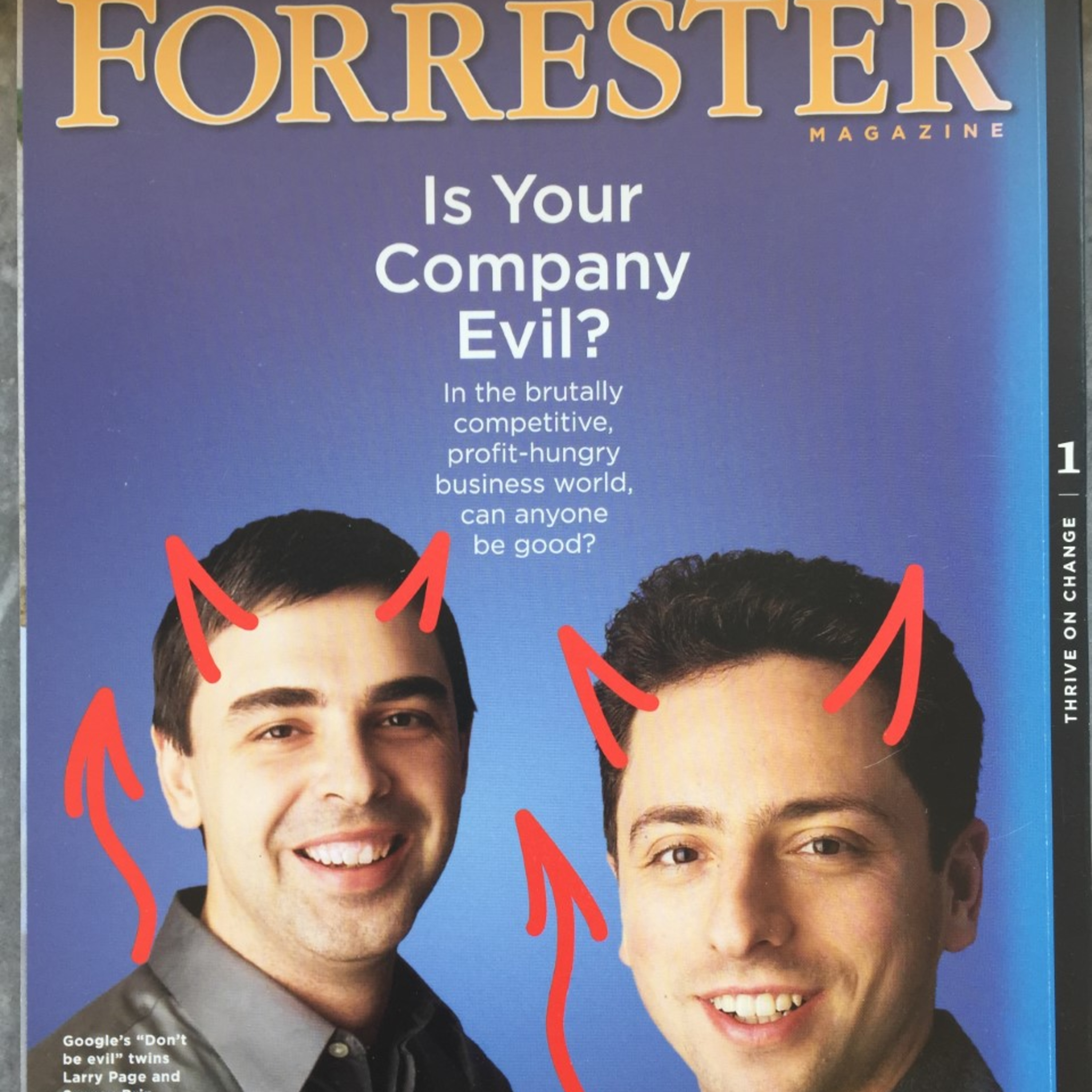
Empathy Capitalist Tool (Part 2): "CEO" now means "Chief Empathy Officer"
“CEO” no longer means “Chief Executive Officer,” but “Chief Empathy Officer.” One can hear the groans—this time, from the executive suite, not the cubicles.
Empathy is one of those things that are ha…

Empathy: Capitalist Tool (Part 1): The Empathy Deficit in Business is Getting Attention
When I ask business leaders what is their budget for empathy training, the response is often a blank stare. Zero. However, when I ask the person what is the budget for expanded teamwork, reduced conf…

Empathy and LIterature: Grand Rounds Presentation at Rush Medical University October 13, 2016
Most people think that empathy is compassion. And while the world needs more compassion, empathy is distinct from compassion. Empathy tells me what the other individual is experiencing; compassion te…
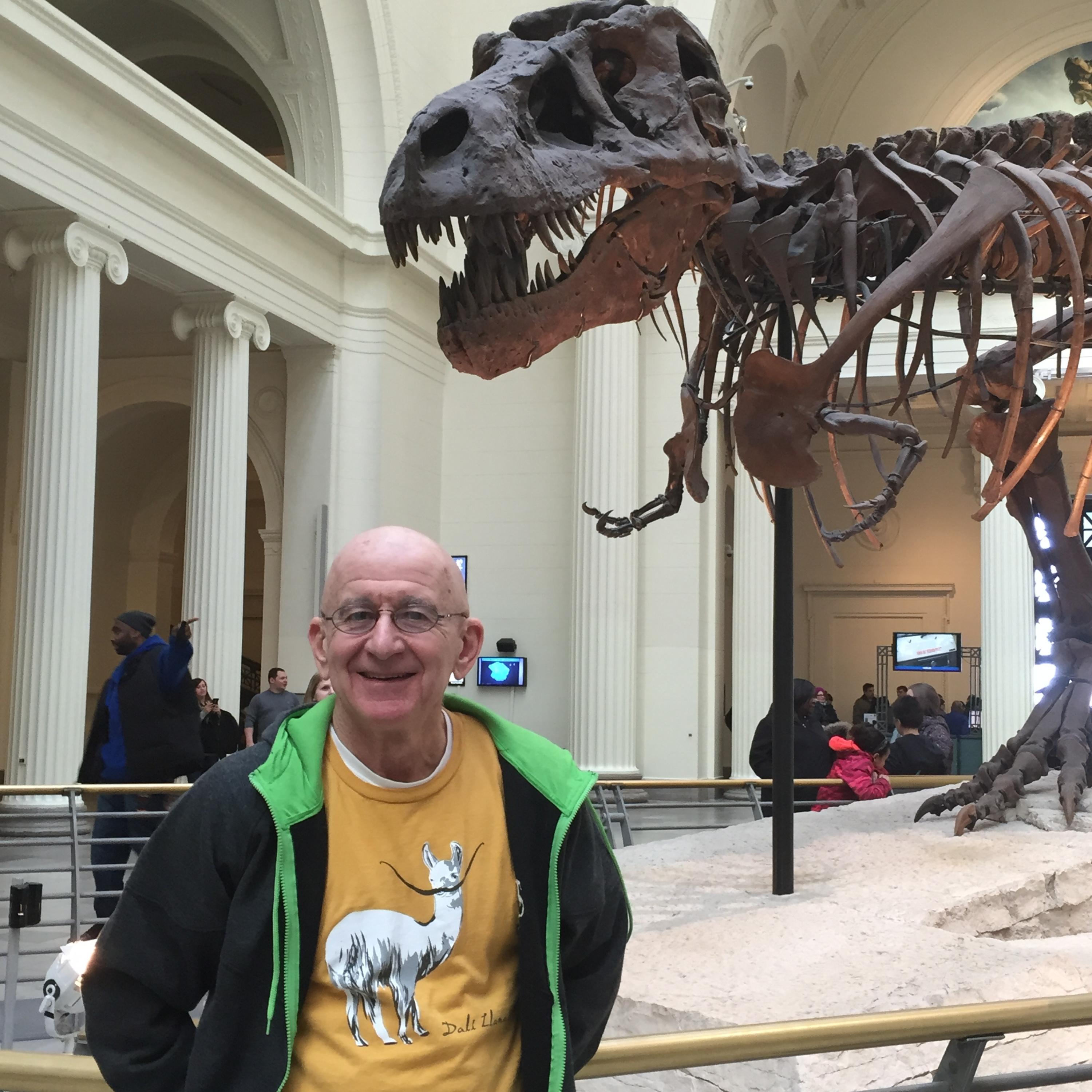
Empathy versus Bullying: Part 3: Recommendations for students, parents, and educators
In the first two episodes, bullying was defined and the uses of a rigorous and critical empathy to set limits and boundaries and contain, reduce, and stop bullying were explored.
This podcast provide…

Empathy versus bullying: Part 2: Online bullying and what to do about it
The paradox is the anti-social nature of social networking. The computer screen isolates the person even as the person is trying to connect. The contrary is also the case. The screen connects the per…

Empathy versus bullying: The biggest bully in my life
This is the first podcast in a series on empathy and bullying. The author, Lou Agosta, talks about "the biggest bully in my life" and how empathy is the antithesis of bullying. Bullying is precisely …

Reclaiming Conversation in Online Therapy: An Imaginary Dialogue With Sherry Turkle Between Lou Agosta and Arnon Rolnick
Arnon Rolnick and Lou Agosta discuss the work of Sherry Turkle. Professor Turkle gets off a good “Jeremiad” about the damaging effects of beeping, chirping, distracting, interrupting, messaging devic…

Resistance to Empathy and How to Overcome it (Part 2): Individual Provider and Receiver (of Empathy)
Empathy is supposed to be like motherhood, apple pie, and puppies. What’s not to like? A lot. People can be difficult—very difficult—why should empathizing with them be easy? Yet most of the things t…
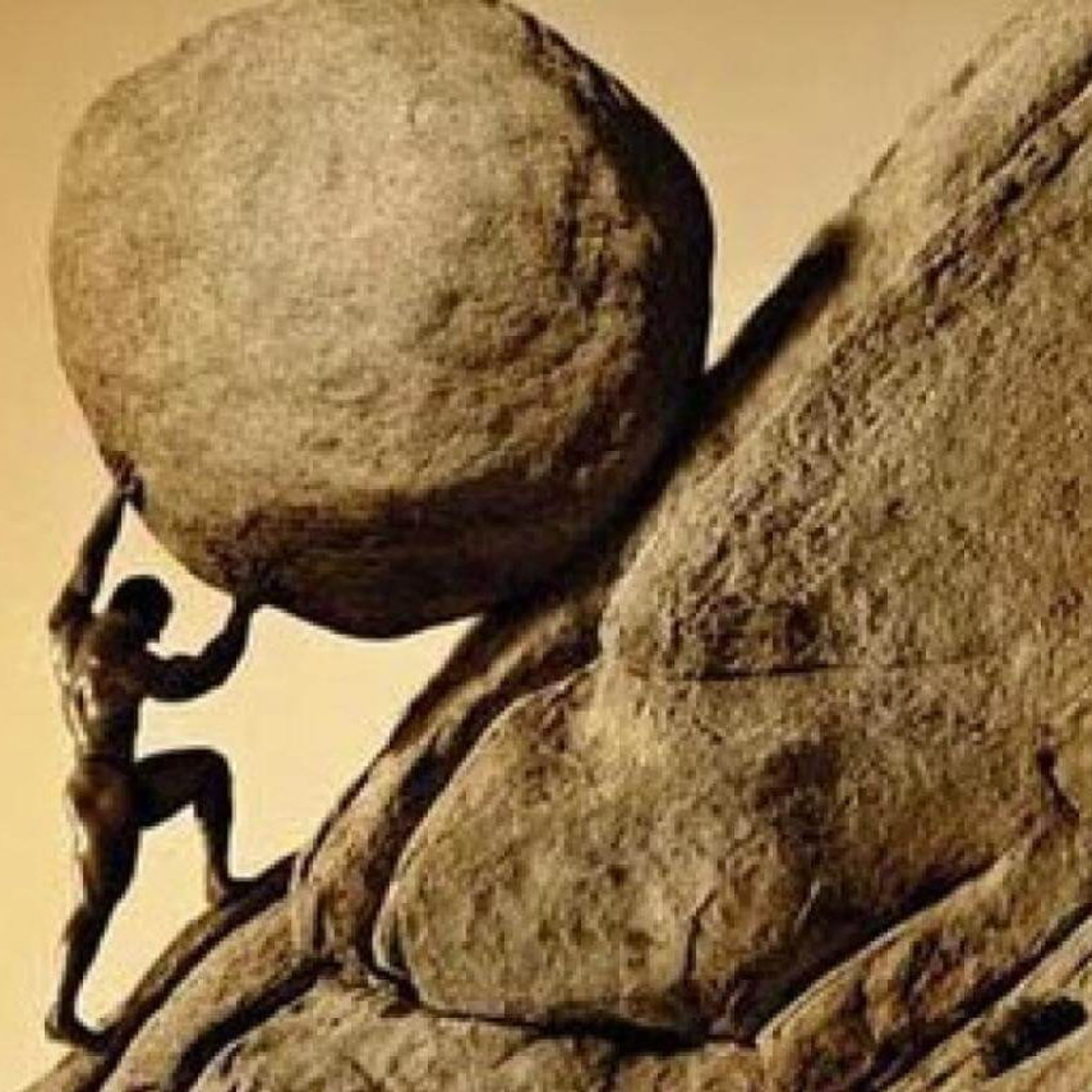
Resistance to Empathy and How to Overcome it (Part 1: Organizational Resistance to Empathy)
The qualities that make organizations successful are not always the qualities that enhance their empathy. Beating the competition in the market, overcoming technical and legal problems, and "getting …